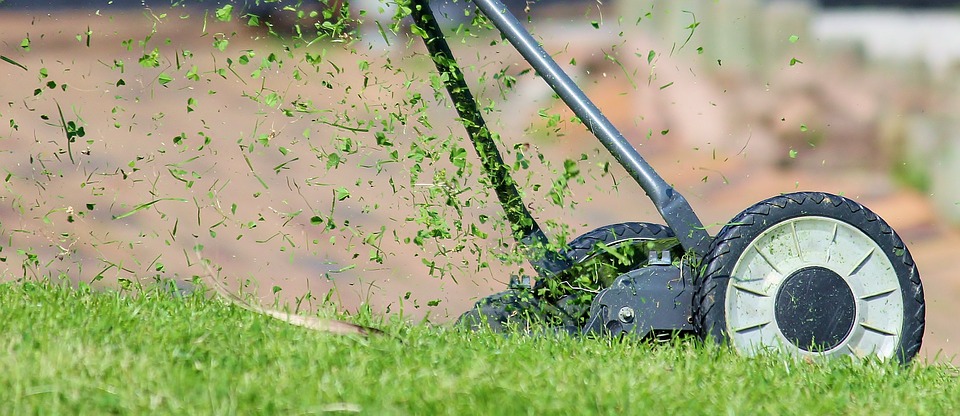Allergy sufferers who have been in the trenches with spring pollens may be ready for a respite in summer. Allergies typically wane in summer and winter, but not if you have sensitivities to grass. Grass pollens are in full swing in summer. Onlookers may revel in thick green carpets of grass, but those with allergies will feel the misery in the form of hay fever, itchy eyes, asthma, or a sore and scratchy throat.

(Pixabay / Counselling)
Not all grasses are created equal when it comes to allergies. Some are more likely to trigger negative reactions, including:
- Bermuda
- Johnson
- Kentucky Bluegrass
- Orchard
- Rye
- Timothy
- Sweet Vernal
The grass pollens themselves are harmless. It is your body’s reaction to them that is the root of the problem. Your immune system should ignore grass pollens, but instead, it mistakes them for enemy invaders such as germs or bacteria. In a misguided effort to provide protection, your body launches an all-out war against the grass pollens, releasing chemicals into the body to fight them off. One of those chemicals is histamine. Histamine is famous for causing inflammation of the airways, nasal passages, and eye membranes, resulting in the symptoms that make you miserable.
So what should you do if your grass allergies won’t let up? Here are a few ideas:
- Delegate the mowing. Assign a family member or hire a professional. If grass is the source of your misery, you need to limit your exposure.
- Keep your lawn trimmed short. Grass doesn’t typically pollinate until it reaches a significant height.
- Be mindful of the pollen count. If pollens are at a particularly high mark, stay inside.
- Shut windows and doors. An evening breeze may feel invigorating, but it could carry a raft of pollens into your home.
Antihistamines can take the edge off your suffering, but if you find yourself depending on the medications to get you through one grass season after another, talk to your allergy doctor about immunotherapy—either through allergy shots or sublingual allergy drops. Immunotherapy can desensitize you to grass pollens so you stop reacting to them once and for all.


